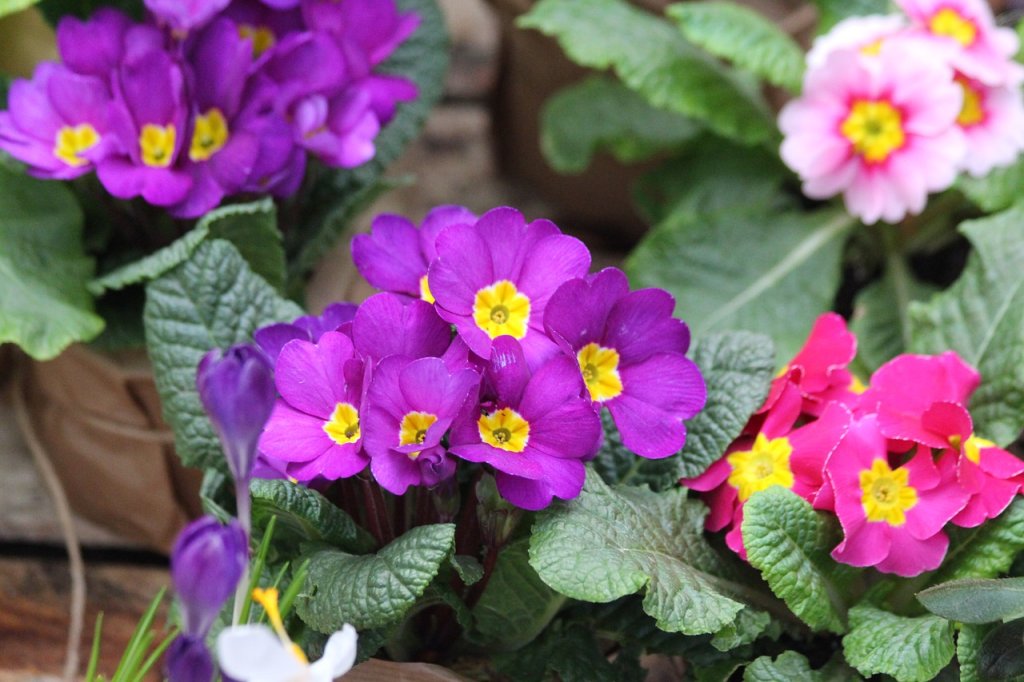Growing vegetables indoors especially if they depend a lot on the sun is one of the most challenging things you can find yourself in.
It does not matter whether you want to have a garden throughout the year or you do not have any space outdoors, the most important thing is meeting the requirements of the vegetables you are growing unlike the floating oak leaves.
For instance, you need to make sure that you have enough nutrients, support structures, space, lighting, and water for your vegetables to thrive. You also need to be careful about the heat that your vegetables are exposed to.
Most vegetables thrive when exposed to temperatures of about twenty-one degrees Celsius, meaning that you will have to find a way of maintaining this temperature. Do not start basement gardening without doing some research to understand what is required of you.
How To Get Started and Requirements
There are different ways of doing basement gardening. The most common ones are hydroponic and soil gardening. Hydroponic gardening has become quite popular in recent years due to the success it brings.
There are two types of hydroponic system designs, namely the vertical grow system also known as the vertical hydroponic tower, and the zig-zag vertical hydroponic system. Depending on your requirements as well as the vegetables you will be growing, one of these systems will work wonders for you.
Most vegetables thrive in warm temperatures – something that you can rarely find in most basements since they are cold and dark. You, therefore, need to find a way of making sure that the basement is free from draft. You should also look for heaters to make the basement warm.
Those that have damp basements will have to look for fans for air circulation to ensure that rot is prevented. In case you want a large growing area, the normal home fans will not work for you. You might need to consider investing in industrial fans as well as heaters for your basement garden.
You will also need to think about water supply – one of the most important things for the success of your vegetables. One way of ensuring that you have a constant supply of water is by running hoses from your water pipes or even using rain barrels for irrigation.
The type of soil you use when growing in your basement is also a determining factor. You need to make sure that you are using a mixture of sterile vermiculite, peat, and compost. You can use pots or flats to start the vegetables in, making sure that you have left enough holes for drainage.
Finally, lighting will also have a lot of effect on your vegetables. This is one of the most challenging things for people starting a basement garden. This is because you need different light colors for different vegetables’ fruiting and growth.
For instance, red light is required when it comes to fruit production and flowering while blue light is used for vegetative and leafy growth. You, therefore, need to make sure that you have the right lighting system for your vegetables.
Growing The Vegetables
Now that you have everything you need to get started, you can start growing your vegetables. However, you first need to identify the kind of vegetables that you want to grow.
It is important to note that leafy greens are among the best vegetables that do well, especially in an indoor garden. They are easy to grow, do not have complicated requirements, and anyone, including a new gardener, can grow them.
Other vegetables such as peppers and tomatoes need more light and heat compared to most vegetables while peas and bush beans do not require a lot of heat. If you are just starting, do not start with things like melons and squash, but you can start with swiss chard, radishes, spinach, and lettuce.
Finally, you need to make sure that you are giving the vegetables at least ten hours of light every day. This is because just like the plants that rely on natural light, your vegetables will also need darkness for respiration.
Conclusion
So, can you really grow veggies in your basement? Yes, you can. However, it is very important to plan before you start. You also need to make sure that you have everything that your vegetables will require for them to flourish.
Finally, make the right decision when choosing the type of vegetables to grow in your basement.

